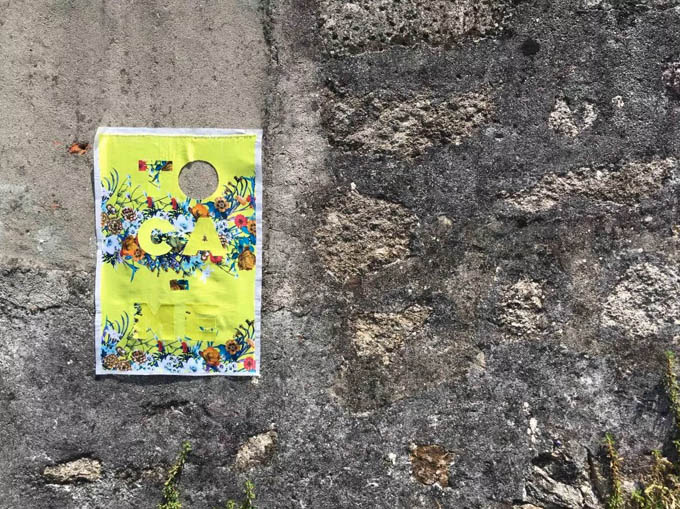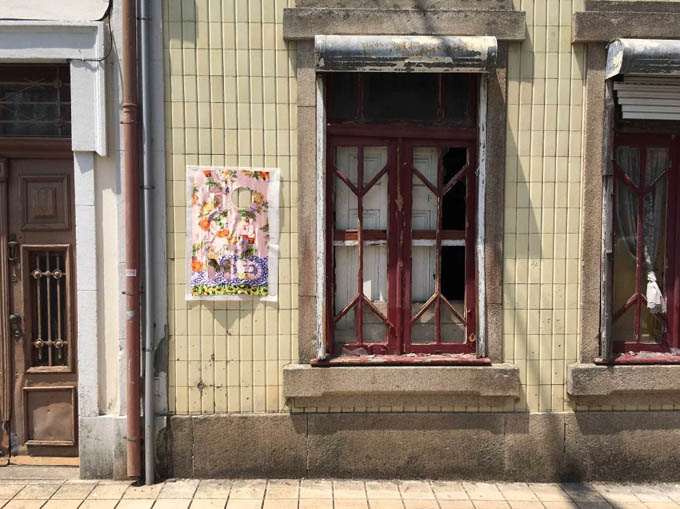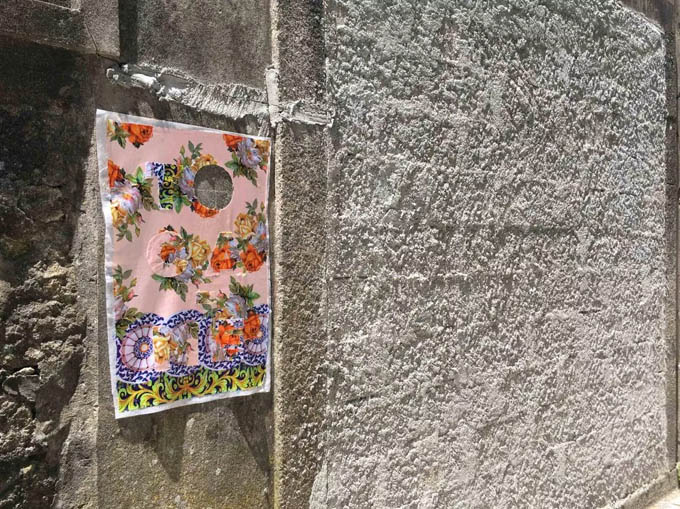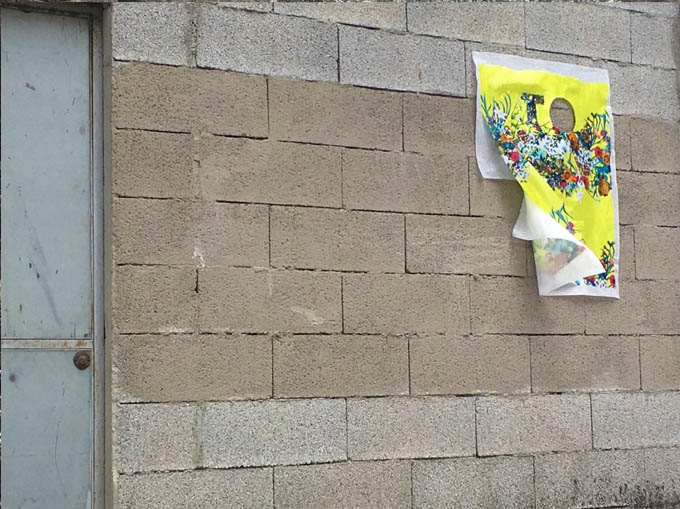Enter your keyword
Youth Projects
Sample Space
by Eduardo Pedreiro
My Value (on which the project is based with some short description):
Connecting to the local community
We believe that engaging people in creative and artistic activities leads to a better society.
The goal of the project:
To identify core issues about Campanhã by establishing bridges and dialogue positions with its people.
Method(s) used: Transactional Analysis and British Drama
Number of Participants: 20
Project description
This project was developed from a social perspective, as a personal manifesto regarding the issues detected in Campanhã, one of the poorest regions of Oporto city.
Working amongst the local population, especially the elderly, I committed myself to identify core issues about this area. While connecting to the local community, the ego state construction (from Transactional Analysis) was useful, for me, as an artist, while establishing bridges and dialogue positions with different people, with different backgrounds and emotional mindsets. Several interviews were made in the local day care center, and the issue to address was defined based on the different views and stories collected.
Campanhã is an unfinished project, a future which never comes and a past full of promises. Isolated from the rest of the city of Oporto, this area can be seen as hybrid, partially urban, partially rural, characterised by popular and religious culture which define much of its identity.
This area has been identified in the past as a priority area of intervention by the Oporto city hall, however few were the interventions that took the depth of commitment needed. It is the home of people reinstalled there due to process of gentrification and urban renovation which, connected to social politics, originated many cases of severe precarious housing which affect a great deal of the resident elderly population. Campanhã is the home of around 32 thousand people and it has 14 social neighbourhoods, and he economy crisis has been a major factor of decreasing quality of life in the area.
This project is a critical reflection about these topics, focusing the quality of social housing, which remains to be ignored by the public entities, and the urgent need of urban renovation and public investment. The major intention was to build a symbolic value and reading around an object, after a process of deep and critical reflection, as proposed by the British Drama method. The fabric posters developed with remains of local stores, intended to bring the public eye to this issue and promote the discussion amongst the population. The posters had written the word “toca-me”, which means touch me in portuguese. This was the strategy to make local citizens to touch the problem and, if wanted, to take possession or damage it.






